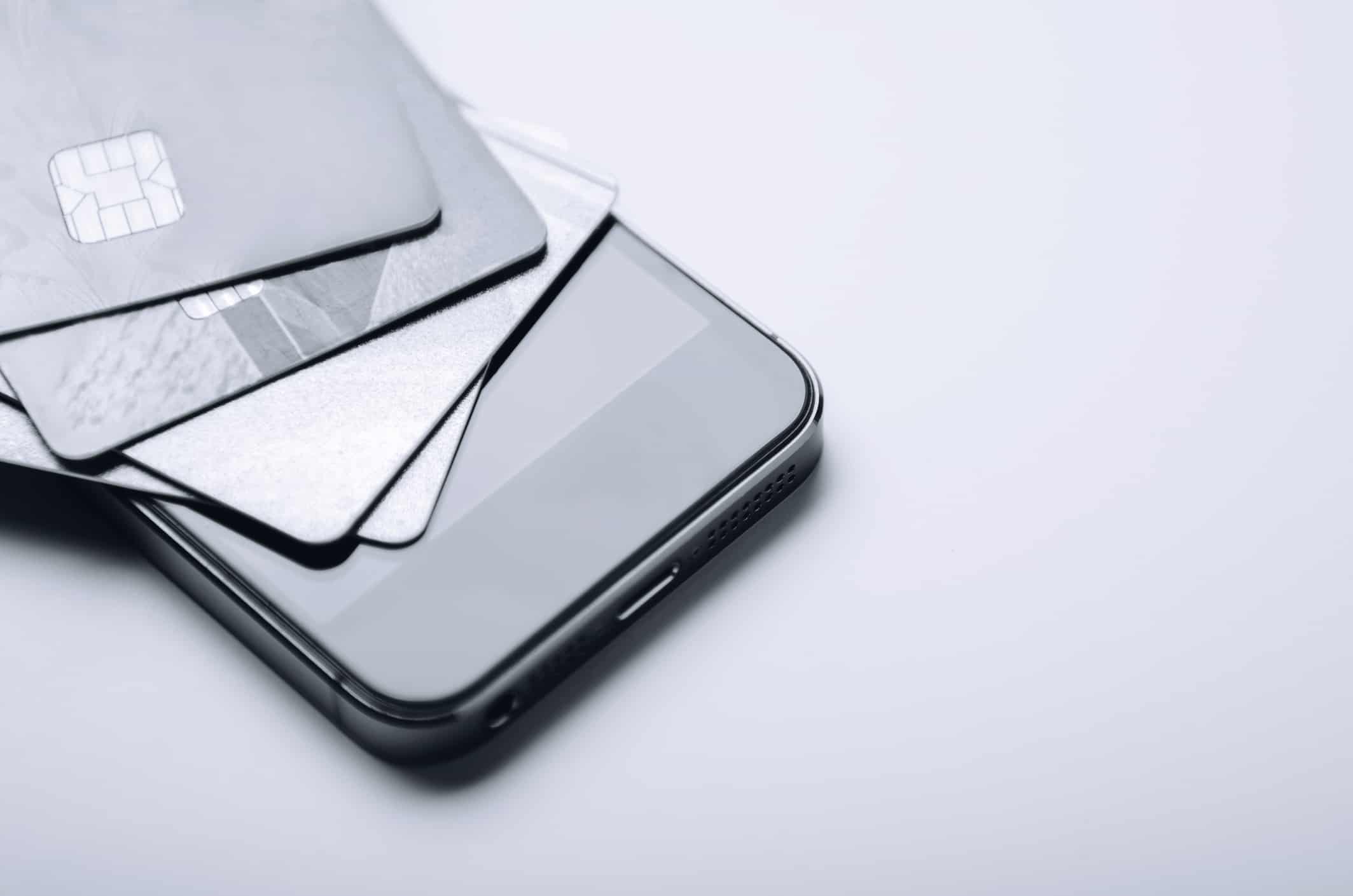Credit cards can help you build credit, earn lucrative rewards, and take advantage of built-in perks and insurances.
But, for as helpful as they are, they come with one big caveat: if you don’t pay your credit card balance, your debt can easily double in four years or less.
Yes. Crazy as it sounds, with certain high APR credit cards, your debt can double in a very short period of time. To see how that works, let’s revisit an old financial rule of thumb — the rule of 72.
The rule of 72
Years to double = 72 / credit card’s APR
Investors often use the rule of 72 to see how long it will take for an investment to double. Just divide 72 by your expected rate of return, and you’ll get a fairly accurate number of years.
But you can also use the rule of 72 to get a quick calculation of how long it will take debt, such as loans and credit cards, to double. You simply divide 72 by your credit card’s APR.
For instance, let’s say your credit card has an APR of 20%. Let’s also say you charged $5,000 to your credit card. According to the rule of 72, it would take around 3.6 years for your credit card balance to double from $5,000 to $10,000 (72/20% = 3.6).
Of course, this is simply a rule of thumb (it would really take around 3.8 – 3.9 years). But it’s a great exercise to visualize how powerful a credit card’s APR really is.
Don’t let your credit card debt double
In the real world, you won’t let a credit card balance sit for 3.6 years. You’ll (hopefully) pay at least the minimum to avoid late or missed payment fees. But even paying the minimum will force you to incur a lot of money in interest. For a card with an APR of 20% and a minimum payment of 1%, you’d spend over 30 years paying off your original $5,000 (in the end, you’d pay $131K in principal and interest).
That’s why credit card debt is no joke. If you need help paying down your credit card debt, here are some steps you can take.
1. Put your credit card away
Put it in the drawer. Cut it up. Toss it in a blender. Whatever you do, stop using your card. The more debt you put on credit cards, the longer it will take for you to pay it off. Until you get your debt under control, stick to using debit cards or cash.
2. Call your credit card company
Most people have an image of credit card companies as villains who want to see you go deeper into debt. They’re making money off your debts, right? Why would they want to see you succeed?
The truth is — most credit card companies want you to pay them back as much as you do. In fact, many of them are willing to work with you, especially if you’re struggling to pay off your card.
So get on the phone with your credit card company. Use your negotiation skills to ask for a lower APR. If you have a solid track record of making payments on time, if you’re polite on the phone, if you toss a few compliments in (tell them how much you “love” their service), you might be able to lower your 20% APR to 12% or even 9%. You’re not guaranteed a lower rate, sure, but it doesn’t hurt to try.
3. Consider a balance transfer
A balance transfer could help you secure a lower APR, especially if your lender isn’t willing to negotiate.
With balance transfer cards, a credit card company will offer you a lower introductory APR for a specific period of time (usually a year). As long as you can repay your debts within that period, you can save a ton of money on interest. If you don’t pay your debt before the introductory period ends, your credit card’s APR will bounce back to the normal rate, and you’ll be back in the same situation.
Your old credit card company will probably charge you a balance transfer fee to move your debt from their card to a new card. If the interest you save outweighs the balance transfer fee, by all means — do the transfer.


